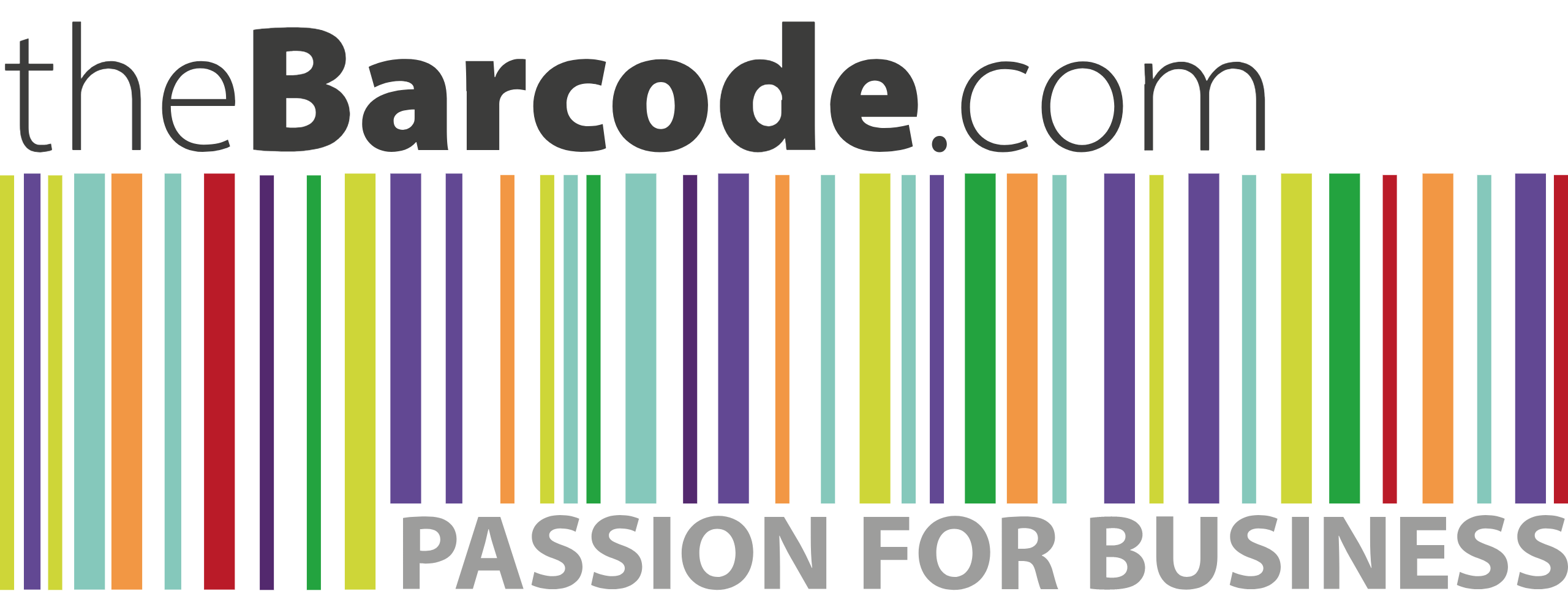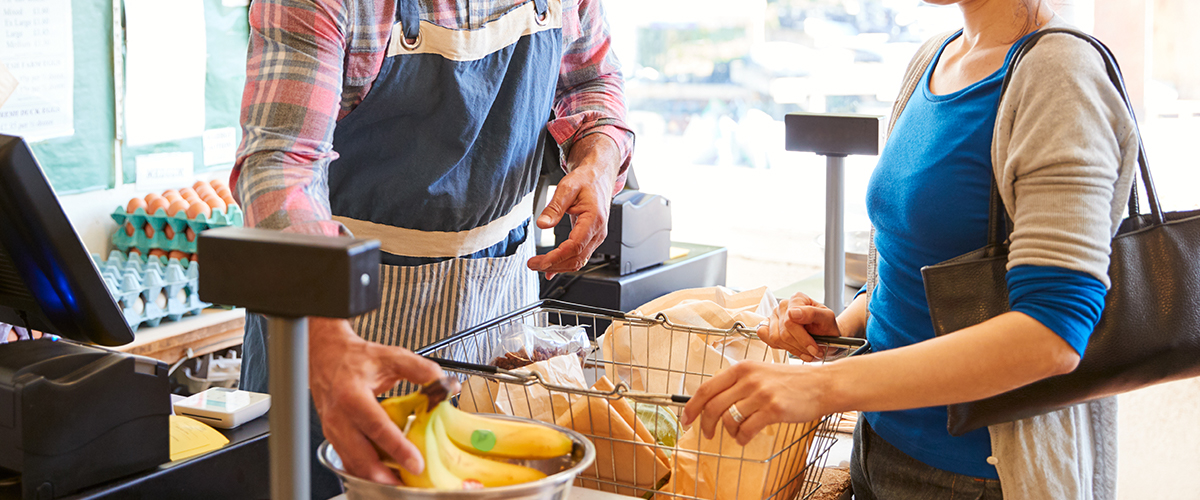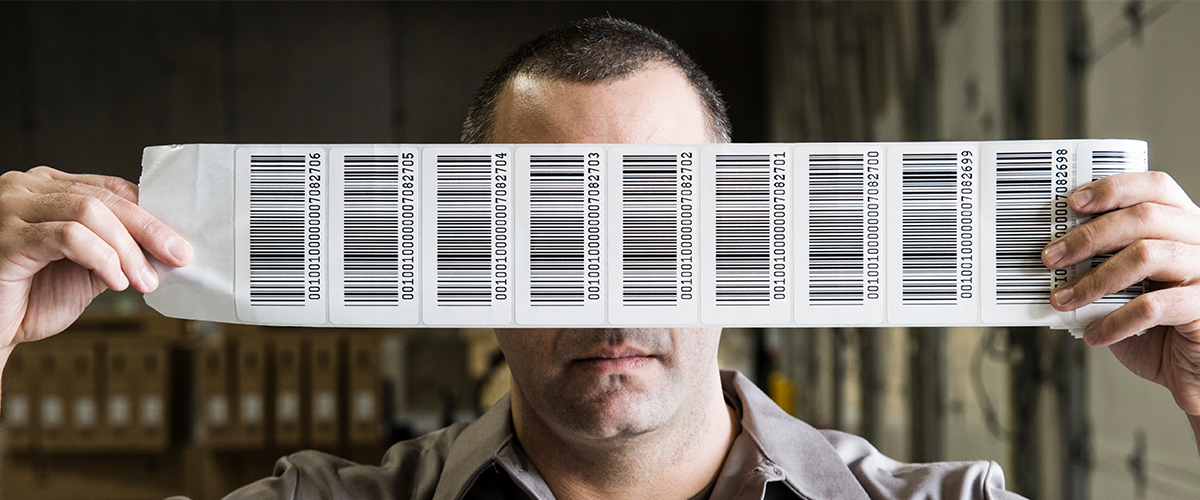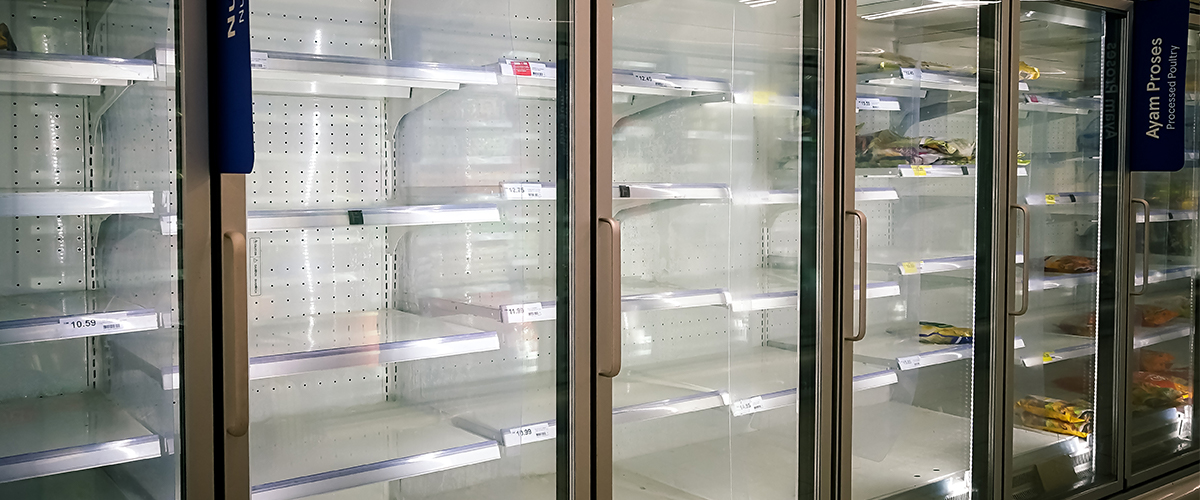Let’s Go Trucking
Over the past few years, the food truck business has seen a significant boom. More people than ever are getting into this business because, among other reasons, unlike a brick-and-mortar shop, there is very little rent due each month. The food truck profession also offers much independence. You may even find a food truck for rent, further reducing costs. Also, buying a food truck is still cheaper than purchasing a restaurant. While there is no question that the food truck business is rewarding, it requires hard work. And secondly, it is not a one-person show- the food truck business demands long hours and usually requires a minimum of two people while in operation. So if you are considering going into the food truck business, here are some things you should know.

How To Open A Food Truck Business
There are many factors to consider when determining the cost of starting a food truck business. Your startup costs depend on your geographical location and your desired food truck size. The most substantial costs when beginning in the food truck business include the following:
Here is just a partial list that highlights most of the initial expenses. The costs of starting a food truck can generally vary from $35,000 to $150,000.
- Purchase of a food truck $20,000 to $100,000
- Appliances (eg Refrigerator, fryer, grill) – $5,000 – $25,000
- Point of sale system $200 – $500
- Supplies (plates, utensils, cups, napkins, etc.) $500
- Lawyer fees are $300 – $500
- Marketing- Free if you do it yourself or $1,200 for a professional
- Administrative fees (licenses and permits) $400 – $800
- Insurance $2,000 – $4,000 per year
- Initial product inventory $1,000 – $2,000
- Miscellaneous $1,000
Food Truck Liability Insurance – How Much Is Food Truck Insurance?
Like any business, liability is also an issue for the food truck business. If your customers experience food poisoning or someone trips over on a table near the truck, it is vital to have liability insurance. If you park the truck near uneven pavement, close to obstacles or ice, place a portable sign so that customers know the danger. A plan for common-sense safety ideas will be a lifesaver in the case of any accidents.
Your average insurance cost for a food truck is about $150 a month. This insurance policy will usually cover any damage caused by theft, vandalism, or weather.
Here is a list of some standard insurance companies
- Biberk
- Three Insurance
- Next Insurance
- Thimble
- Geico
- Insureon
- Mercury Insurance
- Allstate
- Chubb
- CNA
- Farmers Insurance
- Huckleberry
- State Farm
- Hiscox
- Nationwide
- The Hartford
- Travelers-Business Insurance
- Liberty Mutual
- Progressive Commercial
Best Places To Get Small Business Insurance
Where to get food truck Liability insurance
- https://www.fliprogram.com/food-truck-insurance
- https://www.progressivecommercial.com/business-insurance/professions/food-truck-insurance/
- https://apollocover.com/business-insurance/food-truck-insurance/
- https://www.coverwallet.com/business/food-trucks
- https://www.netsurance.ca/insurance/business-insurance/food-truck-insurance/
- https://www.zensurance.com/restaurant-insurance/food-truck
Are There Any Pitfalls With A Food Truck Business?
Yes, like any business, there are a few negatives, which include the following:
- The hours are long
- The food trucking business is highly regulated, and there are many rules. For example, zoning laws do not permit food trucks in every location.
- The wear and tear of the truck and the appliances within will be more common than in a restaurant. If you want your food truck business to operate daily, you will need emergency plans if the truck breaks down.
- Working inside a truck is not easy because of space limitations.
- The industry is intensely competitive.
The food truck business may sound simple, but it comes with several issues that you should be aware of:
- Food safety: Because you’ll be dealing with food, it is vital to maintain compliance with food safety requirements. Your local health department can provide you with more guidance on this matter, including storage and safely preparing food in a mobile setting.
- Seller’s permit: In some states, food truck owners must apply for a seller’s permit, which allows them to purchase food and appliances at wholesale prices without paying sales tax.
- Zoning and parking laws: All cities and towns have limitations and restrictions on where and when a food truck can operate. Besides parking limits, one may not be permitted to park in the same spot for more than 2-4 hours. Your local DMV will be able to provide you with all the zoning and operational regulations.
- Driver’s license: Anyone who operates a food truck must be appropriately licensed and trained to drive the vehicle. In some states, one may need a commercial driver’s license to drive a food truck.
- Fire safety certificate; Because you will be preparing food in your truck, your local government fire safety department will need to inspect the vehicle. Each state has its requirements for fire safety.
- Business license and permits: When operating a food truck, it will need to be licensed, and one also needs a state sales tax permit.
Online Catering Courses
- Escoffier
- JWU Online
- Penn Foster
- Ashworth
- Universal Class
- International Career Institute
- Stratford Career Institute
- Learn
- Culinary Lab
- IAP Career College
Finding Funding For My Food Truck Business
One of the biggest obstacles when starting a food truck business is funding. You will need to obtain a loan if you do not have your own money. However, before you can get the loan, lenders will ask if you have a plan. So, before you even walk into a bank, you must have a concise business plan. These are not just ideas on paper but can help ensure your business’s success.
Here are a few of your options
Here are a few of your options
Small Business Administration
The Small Business Administration, SBA has a program to fund new startups, and is worth a look.
Food Truck Startup Cost – Food Trucks For Sale
Each month’s cost of running a food truck depends on the truck’s size and the customers served. But in general, you can anticipate the following costs:
- Food ingredients, utensils, etc., $3,000
- Gas, parking $300
- Rental space $1,000
- Food truck license $200
- Miscellaneous $500
- The cost per month will run anywhere from $3,000 – $5,000.

Food Safety Certificat
You’ll need to acquire a few credentials, such as a food safety certificate
How Should I Structure My Food Truck Business?
Like any business, the food truck business also needs a business license, Employee identification number, employee health permit, and food service license.
- www.zenbusiness.com
- www.incfile.com
- www.rocketlawyer.com
- www.legalzoom.com
- www.swyftfilings.com
- www.legalnature.com
- www.mycompanyworks.com
Also, no matter where you operate your truck, you will require
- Parking and zoning permit
- Mobile food facility permit
While at the DMV, find out where you can park your vehicle and what other rules and regulations you need to know. Because of traffic congestion, many cities have onerous rules for food trucks.

Food Truck Business Plan
If you want to thrive in the food truck business’s competitive environment, you must make a realistic, practical plan. Your financial lender will require a plan to ensure the company is viable before lending you any money. Again, how much money you will get from a loan will depend on your credit rating, work history, savings, assets, etc.
- What will you name your business? You need to have a catchy name that your customers can identify with.
- What kind of food will you sell, and who is your intended customer? Most food trucks sell one type of food and do it well. So you need to select cuisine that might appeal to your intended community.
- Where will you operate? – which areas within your city?
- How much money do you have? And what are your options for funding?
- Who is your competition, and what will you need to do to compete?
- How will you attract customers? What is your marketing strategy?
- What hours will you work? Will you work seven days a week?
- Will you cater to public events like conventions?
- What is the existing food truck market like in the area you plan to operate?
- How many people will be involved in your business, and who will be in charge?
- Where will you prepare and buy the raw ingredients? Where will you store the raw material?
- What type of legal entity will you establish for your business? Sole Proprietor, Incorporate, or LLC?
- Do you have emergency funds in case the truck breaks down?
Once you have a business plan, you need to speak to others involved in the food truck business to ensure that you have not left anything critical out.
There are some handy services available online
Some business plan templates that you should consider include:
Getting Food Truck Permit, License & Registration
Once you get the truck, the next step is to get the relevant permits and licenses. The best way to know what licenses and permits are required is to check with the local Department of Motor Vehicles for requirements.
Food Trucks And The Event Industry?
Besides selling food on the streets, today, most food trucks also participate in public and private events, weddings, picnics, parties, etc. Corporate clients will host significant events and invite many food trucks to join in some cases. Catering via a food truck is cheaper than having food delivered or cooked on-premises. In just a few hours, the food trucker can easily earn $1,000 or more if they cater to 100 people with an average of $10 -$20 a plate.
Do Food Truck Businesses Fail?
Anyone considering operating a food truck business must know that failures do occur regularly. The critical reasons for losses include not having a solid business plan, having unrealistic expectations, not catering to the right customers, or overspending. However, the most common reason for a failing food truck is the failure to maintain proper accounting.
What Are The Working Hours For Food Trucks?
Working hours for food trucks are usually pretty long. The food has to be prepared early in the morning, and then the truck must be driven to the location early in the morning before the parking spots fill up. Most food trucks open from 10.30 am till about 2 pm. Then the truck needs to be cleaned, garbage has to be disposed of, and You must order ingredients for the next day, and the whole cycle starts again in the morning.
What Should A Food Truck Business Sell? – Food Truck Menu
Today, many food trucks offer all types of exotic cuisine like seafood, steak, and desserts, the most popular food for success includes the following:
- Greek street food
- In n Out food truck
- Halal food truck – Middle eastern food like shawarmas, falafel, etc
- Burgers and fries
- BBQ food truck
- Taco truck catering – a Mexican food truck
- Pizza food truck
- Coffee truck business
- Hotdog food truck
- Food truck wraps
- Indian foods like samosas, dosas, biryani
- Vegan food truck
- Chinese foods like fried rice, noodles, soups
- Sandwiches – grilled cheese truck
- Pasta dishes
The only way to determine what the customers like is to start with one menu and gauge the response.
Your Menu Design
Here are a few menu design services available online
Food Truck Ideas – Food Truck Menu
- Taco truck
- Mexican food truck
- Food truck catering
- Bbq food truck
- Halal food truck
- A food truck at a wedding
- Grilled cheese food truck
- Vegan food truck
- Lobster dogs food truck
- Hotdog food truck
- Indian food truck
- Jamaican food truck
- Food truck delivery
- Donut food truck
- Halal truck
- Greek street food
- Burrito truck near me
- BBQ truck
- Bakery food truck
- Lobster roll food truck
- In n out food truck
- Chinese food truck
- Sushi food truck
- Pasta food truck
- Street food cart
- Coffee truck business
- Healthy food trucks
Rent To Own Food Trucks
If you have minimal funds, here are some ideas for starting your food truck business.
- First, consult with another food truck business owner. Some established food truck owners regularly need help, and if you are lucky, you may be able to join one of them. This way, you will better understand the work involved, the logistics, and any difficulties with the business. Once you feel you have gained enough experience and saved money, you can go independently.
- If you do not have a significant investment, consider renting a truck and appliances. This will help avoid the hefty investment required for newer items.
- Look for a low-cost truck or trailer if you cannot afford a new one. But no matter what you buy, it must still meet public fire and safety regulations.
- If you do not have a truck, rent or buy a trailer and start selling your food at public places where people meet up, like the farmers’ market, county fairs, the beach, or truck stops. But make sure you know the bylaws because every county has its own rules and regulations regarding where food trucks can operate.
- Some restaurants may be interested in running a food truck business. So you might want to speak to some of them – if they agree, this will give you a chance to run a business without having a lot of money upfront. But of course, you will not have independent control of the company.
- If you have the right kind of food, you may be able to get sponsors from your local community.
Food Truck Rental
The question of whether to buy or lease a food truck will depend mainly on your financial status. Even if you have the money to buy a new food truck, it is crucial to understand the food truck business. After spending over $100K, you may decide it is not for you. So, in this case, it might be better to lease a used food truck. If you do not like the profession, you will not lose much money. Once you lease your vehicle, you can still customize it according to your needs.
Do Food Trucks Have To Pay Rent?
It depends on the location. In some cities, food trucks won’t pay for a parking spot but can only park for a certain number of hours. Parking can cost anywhere from $4 an hour to $10 an hour in other locations. There are also some free parking spots, but the competition can be intense, so you’ll need to arrive very early to get these spots. You can rent a permanent food truck spot if you do not want these troubles. These rental spots cost anywhere from $500-$1,000 a month. These rental spots are available per day, per week, or a month.

Food Trucks For Sale
There are several places where you can buy a used food truck. Besides craigslist, you may want to scan the auto ads on the internet. Other places to hunt for your perfect food truck include:
The most important thing is to have the truck fully assessed by a bona fide mechanic to ensure roadworthiness and free of major mechanical problems. Take your time and ensure that the truck has no liens or prior accidents. You want it to last at least five years or more. If you’re lucky, you can get a decent used food truck for $20,000 – $40,000. You can lease a truck from a franchise, but you might not be able to make any changes to the truck, the menu, or the marketing plan. Plus, franchises always have rigid operating hours, taking away a certain amount of your profits.
Places to buy used food trucks
- https://www.usedvending.com/used-mobile-food-trucks/
- https://roaminghunger.com/marketplace/buy-a-food-truck/
- https://www.usedfoodtrucks.com/
- https://foodtruckempire.com/buy/
Places to rent a food truck
- https://roaminghunger.com/blog/14452/food-truck-rental
- http://www.thefoodtruckgroup.com/food-truck-rentals/
- https://rent2owntrailers.com/
- https://www.foodtruckbooking.us/
- https://foodtruckrental.com/
If you have the finances, you may opt for a new food truck, which usually starts around $80,000, but by the time you add all the accessories, the cost will average about $120,000.

Marketing My Food Truck Business?
Because your food truck has no permanent physical address, marketing is essential. To help you create a business known to customers, one may use the following methods:
- Create a unique visible logo for the truck
- Make your menu board eye-catching and appealing.
- Create a webpage that features your daily locations and where you will be the next day. Always keep the webpage updated and include photos.
- Establish your presence on social media platforms and interact with the people.
- Search the city or town for the best neighborhoods where your food meets the community’s needs. Once you establish bases, visit these sites often.
- Start catering to community events, parties, and general conventions. These are some of the best places to make your truck food known to the masses.
- Consider offering merchandise to sell with your food. This can include T-shirts, mugs, and stickers. However, keep the prices low – the key is to spread the word about your brand.
Links to Food truck events in the USA
- https://www.foodtruckfestivalsofamerica.com/
- https://www.eventbrite.com/d/united-states–california/food-truck-festival/
- https://festivalnet.com/events-with-food-trucks
- https://vacationidea.com/ideas/best-food-truck-festivals.html

Build Your Own Food Truck Website
Your food truck domain name protects your website address on the internet. You can register a domain name with any hosting company you choose.
Some of the common domain registrars include:
Here is a list of options for building a regular website.
Here is a list of drag-and-drop page builders for WordPress.
- Beaver Builder
- Elementor
- Divi
- Hubspot
- Themify Builder
- Visual Composer
- Seedprod
- Thrive Architect
- Site Origin
What Equipment Will I Need In My Food Truck?
The type of equipment for a food truck depends on the kind of food you will be offering. But in general, the following appliances are necessary:
- Broiler grill– has multi-uses to cook patties and make eggs and sandwiches.
- Food truck generator- This is the heartbeat of your food truck. Look for a quiet, reliable generator that is cheap on gas.
- Bun warmer– A bun warmer can reduce preparation time and make the burgers consistent in taste and appearance.
- Deep fryer- Any food that needs frying will require a deep fryer
- Exhaust hood- Food truck vent hood. This item is necessary to prevent smoke and smell accumulation inside the truck.
- Food processor
- Flat top Grill: You can use this versatile tool to cook many foods, including eggs, hamburger patties, potatoes, and toast buns, and fry almost any food.
- Fridge and freezer- These two appliances are needed to keep food fresh and protect it from heat. They also keep beverages cold.
- Griddle- We use this item to warm pita, flatbread, toast, and many other foods.
- A microwave is ideal for warming up food.
- Prep table- To prepare food, a prep table is vital. It has to be wide enough so that two people can work on it simultaneously.
- Sandwich press– This is a great way to make consistent sandwiches quickly.
- A toaster is essential when making sandwiches.
- Utensils: knives, pans, cutting board, cups, napkins, condiment dispensers, food trays, trash cans, sinks, brooms, and mops

Catering Supply Companies
Here are a few catering supply wholesalers
- Webstaurant
- Party Value
- Restaurant Ware
- My Boelter
- Caterers Warehouse
- TigerChef
- Central Restaurant Products
- Round Eye Supply
- Solia

Are Food Trucks Inspected Regularly? – Food Truck Parts And Repairs
All food trucks undergo regular inspections because food-borne illnesses are not uncommon. The city will conduct checks at random, so the onus is on the owner to keep the truck clean, maintain adequate food hygiene, ensure that all the food items are labeled, and hand washing is routine. Once a food truck business violates food hygiene standards, the city can cancel the license, and renewal can be a headache. Plus, when customers discover a problem with hygiene, this can adversely affect the business.
Point Of Sale Systems For My Food Truck
While many customers pay with cash, you also need other ways to take payments like credit cards, debit cards, and PayPal. But because these different forms of payments require the internet, many food truckers only accept cash. However, today, one can accept payments via mobile phone, which is easier and faster for both parties.










